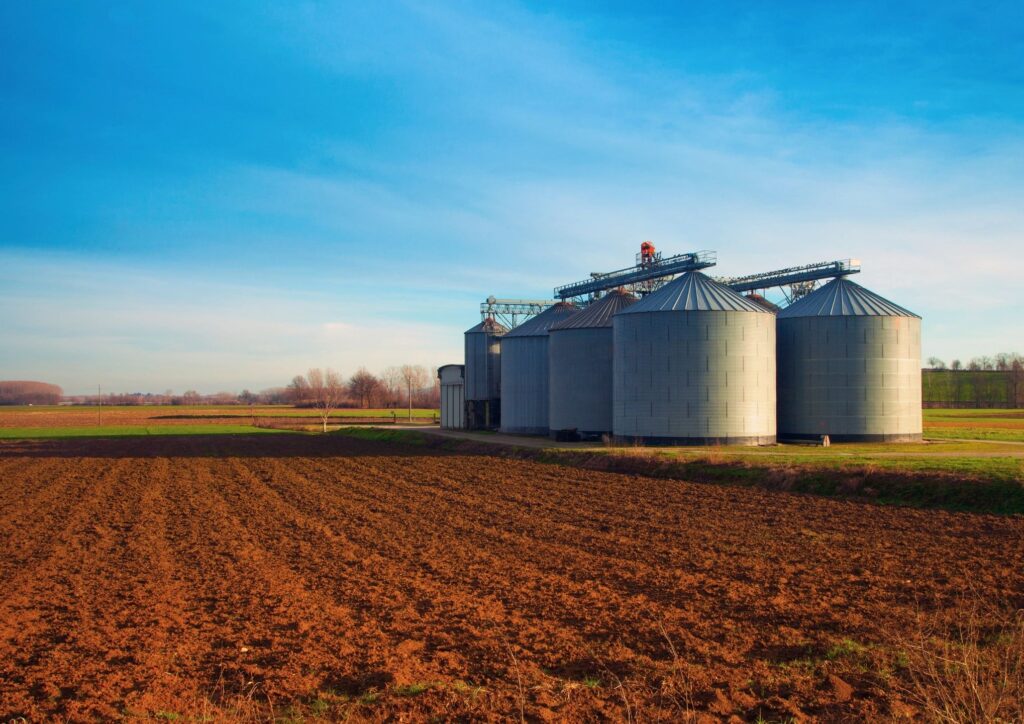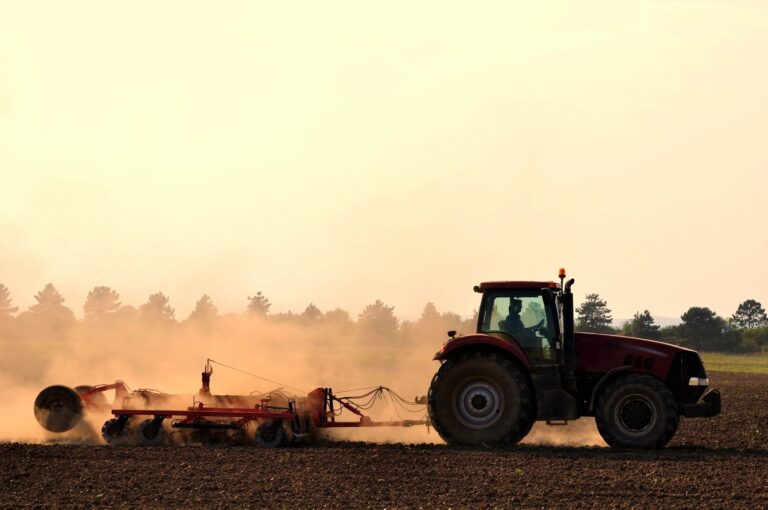
For years, politicians and the media have pushed this idea that rural and urban America are at war with each other. City folks think rural people are ignorant, and rural folks think city people are out of touch. But here’s the thing—that divide is mostly manufactured to keep us distracted from what’s really screwing us all over.
The Fake Divide
Politicians love using the rural-urban divide as a wedge issue. It’s an easy way to fire people up, get votes, and keep us fighting each other instead of looking at the real culprits—corporations and the politicians who serve them. The media jumps in too, because conflict sells. And it works.
Think about how rural areas are portrayed in the news. Either we’re backward hicks who vote against our interests, or we’re helpless victims stuck in dying towns. Meanwhile, urban areas are either crime-ridden hellscapes or elitist bubbles. It’s all designed to pit us against each other.
In reality, working-class people in both rural and urban areas are struggling with the same things:
- Housing is unaffordable
- Wages aren’t keeping up
- Healthcare is a mess
- Big corporations are squeezing out small businesses
That’s not a rural or urban problem—it’s an economic one.
Who Pays and Who Benefits?
Let’s talk money. Who’s actually paying into the system, and who’s getting the short end of the stick?
- Taxes: Urban areas tend to generate more tax revenue because of higher incomes and property values. But rural areas often contribute more per person compared to what they receive in public funding.
- Services: Public services (education, healthcare, infrastructure) are often underfunded in rural areas, leading to hospital closures, crumbling roads, and schools struggling to stay open. Meanwhile, urban areas also deal with underfunded public services—just in different ways, like overcrowded schools and strained public transportation.
- Economic Contributions: Rural America provides food, energy, and raw materials that keep the country running. Agriculture, manufacturing, and resource extraction industries are all based in rural areas, yet the wealth they generate often ends up in the hands of big corporations headquartered in cities.
So Who’s Actually Winning?
Not working people, that’s for sure. The folks getting rich off this divide are the ones at the top—politicians who use it to rally their base and corporations that thrive when we’re too distracted to hold them accountable.
What’s the Real Solution?
Rural and urban communities have more in common than we’re told. The fight isn’t between country folks and city folks—it’s between the wealthy and powerful vs. everyone else.
We all need:
✅ Fair wages and good jobs
✅ Affordable healthcare and housing
✅ Investment in local businesses instead of corporate giveaways
✅ Stronger public services that actually serve people
The sooner we stop buying into this rural-urban war, the sooner we can focus on real solutions that help everyone—not just the people at the top.
So next time a politician or media outlet tries to tell you that your neighbor is the enemy just because they live in a different ZIP code, ask yourself:
Who really benefits from us fighting each other?
Because it sure as hell isn’t us.


